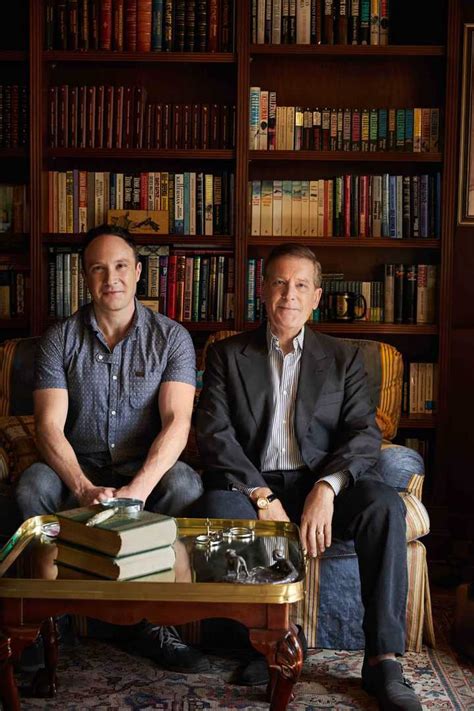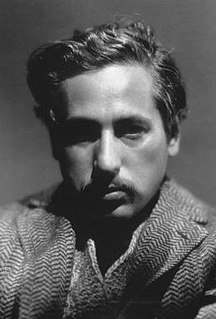A Quote by Terry Teachout
The script of a play is not a finished product: It's a set of instructions.
Quote Topics
Related Quotes
The most common way customer financing is done is you sell the customer on the product before you've built it or before you've finished it. The customer puts up the money to build the product or finish the product and becomes your first customer. Usually the customer simply wants the product and nothing more.
Any good movie or script usually, if they're doing their job, gives the highest platform possible for an actor to leap off of, and that script was very high up there. It was a very smart, tight script. There was a lot of improv, as well, once we got to the set, but a lot of the original script was also in there.
One of the things I write about a bit in my Madam Secretary memoir is on Rwanda, where I was an instructed ambassador at the U.N., and my instructions were to not vote for increased forces there, and I didn't like my instructions. So I got up and called Washington and said, "Change my instructions," and they didn't.
I think way back, the '20s or the '30s, when Kodak came out with the Brownie and they put a list of instructions on the box, like how to use this thing, I think someone arbitrarily said, 'Make sure the person in the photograph is smiling.' And we went from that one sort of set of industrial instructions to this whole culture of perkiness.
When I'm making the movie, I absolutely do. I work so hard, and out of the raw material that is the script and talks I have with the director, the writer, I create, I hope, a very specific person who wouldn't have otherwise existed. However, do I then attach and hang on to the finished product? No. The experience of the creation of the character is what feeds me, what excites me, challenges me.




































